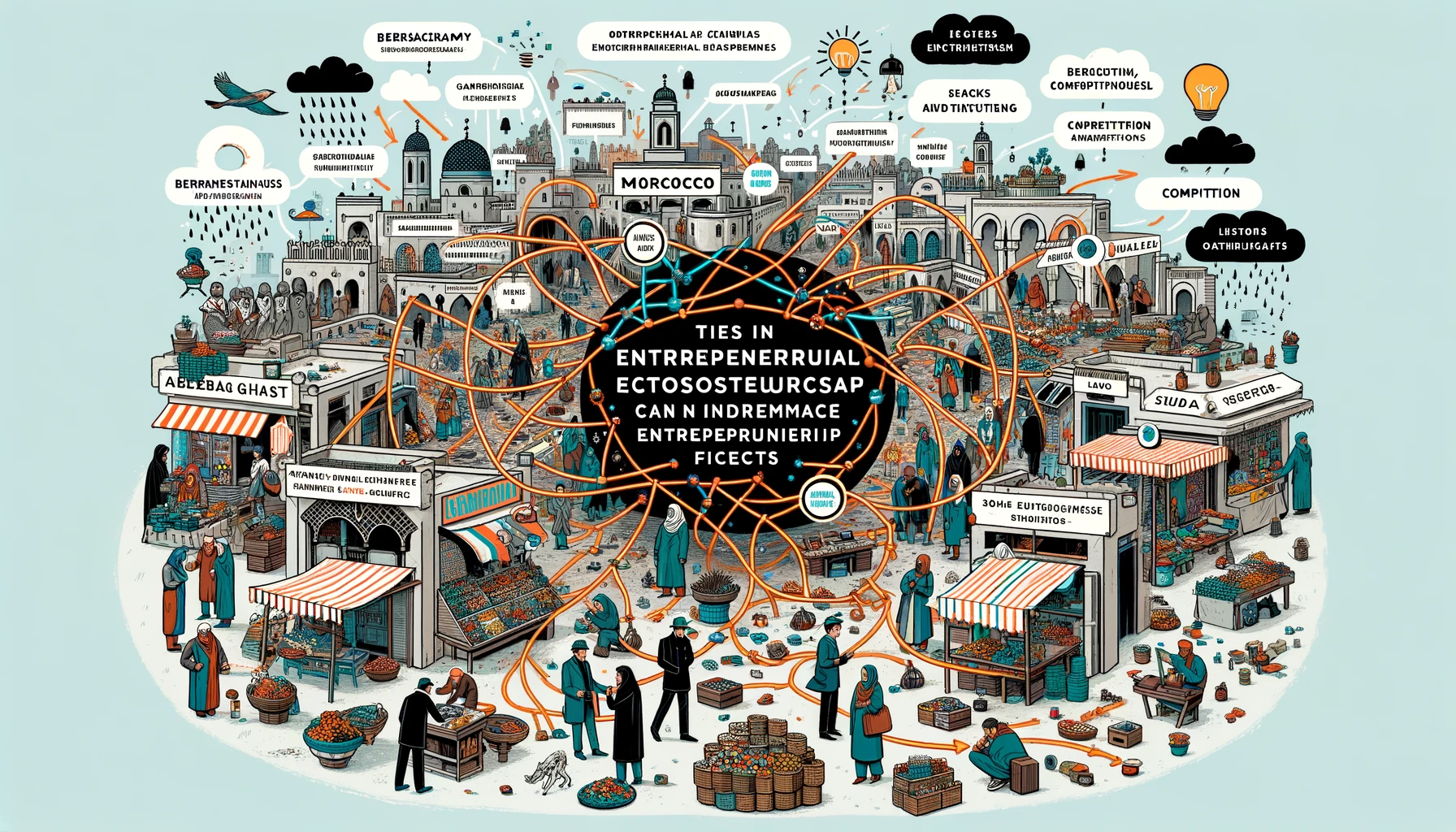Entrepreneurial Ecosystem (EE) research raised as a hot topic (Velt et al., 2020), leading to progresses on its elements (Stam and van de Ven, 2019), network (Albourini et al., 2020), actors (Purbasari et al., 2020) or levels of analysis (Theodoraki and Messeghem, 2017). However, some scholars regret the absence of empirical analysis of EE as
Taking its origins in Van De Ven (1993) and Isenberg (2010) seminal work, the Entrepreneurial Ecosystem concept is by design meant to understand entrepreneurial dynamics in a given territory. Research on Entrepreneurial Ecosystem (EE) received a growing interest (Velt, Torkkeli and Laine, 2020). It produced interesting results at a macro level of analysis, mainly producing
What makes one specific Entrepreneurial Ecosystem (EE) more conducive to entrepreneurial activity than another? We mobilize ecosystem and network theories to describe EE processual patterns having an impact on Entrepreneurial Dynamics outcomes. We targeted low income environments to identify the EE effect. An empirical and exploratory research was conducted based on quantitative graph theory, using
Entrepreneurial ecosystems (EE) is now a prominent topic in entrepreneurship research (Acs et al., 2017; O’Connor et al., 2018; Volkmann et al., 2019). The concept has rapidly seduced policy makers (Stam, 2015), leading mainly to a theorization at a macro-level of analysis (Malecki, 2018). However scholars have criticized this concept (Acs et al., 2016; Cunningham




